
Nicholson Baker
Nicholson Baker is the author of ten novels and seven works of nonfiction, including Double Fold, which won a National Book Critics Circle Award, and The Anthologist, a New York Times Notable Book of the Year. His work has appeared in The New Yorker, Harper’s, and The New York Review of Books; his article, “The Lab-Leak Hypothesis” was the cover story in the January 4, 2021 issue of New York Magazine. He lives in Maine with his family.
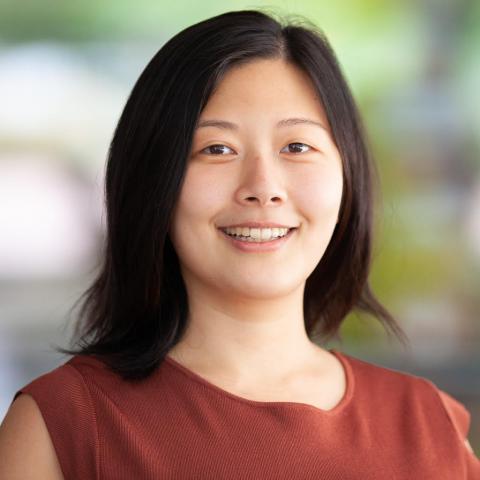
Alina Chan
Dr. Alina Chan is a postdoctoral researcher with a background in medical genetics, synthetic biology, and vector engineering. At the Broad Institute of MIT & Harvard, Dr. Chan is currently creating next generation vectors for human gene therapy. During the COVID-19 pandemic, Dr. Chan began to investigate problems relevant to finding the origins of the SARS-CoV-2 virus and in parallel spearheaded the development of the COVID-19 CoV Genetics (covidcg.org) browser for scientists worldwide to rapidly track virus lineages and mutations by locations and date ranges of interest.
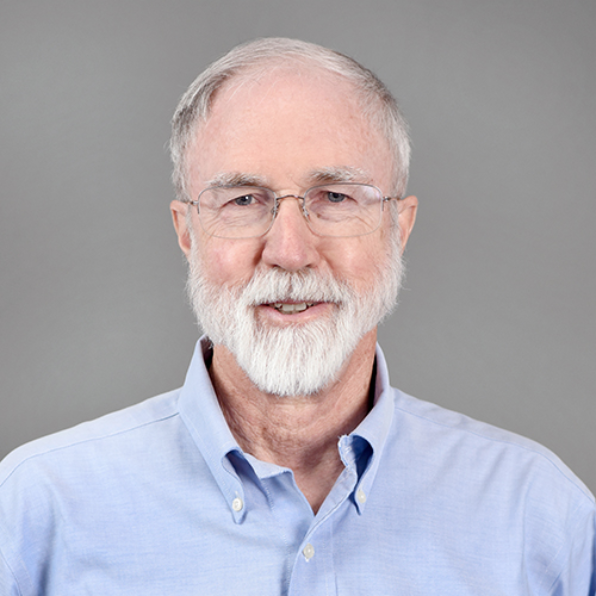
James Collins
James P. Collins is an evolutionary ecologist whose research group studies the role of host-pathogen interactions in species decline and extinction. They use amphibians, along with viral and fungal pathogens, as models for studying factors that control population dynamics. His other research is focused on intellectual factors that have shaped the development of ecology as a discipline, and on ecological ethics. Professor Collins’s expertise in population dynamics led him to serve as director of the Population Biology and Physiological Ecology program at the National Science Foundation (NSF) from 1985 to 1986. He also served as head of NSF’s Biological Sciences Directorate from 2005 to 2009. From 1989 to 2002 he was chair of ASU’s Zoology, and then Biology Department, where he used interdisciplinary programs to foster innovation in research, education, and institutional change.
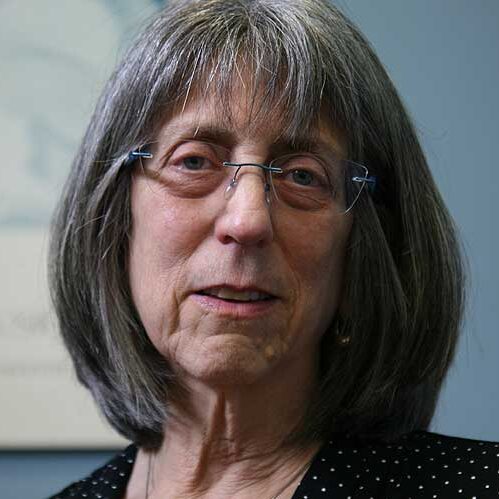
Marcy Darnovsky
Marcy Darnovsky, PhD, speaks and writes widely on the politics of human biotechnology, focusing on their social justice and public interest implications. Her articles have appeared in The New York Times, Nature, The Guardian, Los Angeles Times, Wall Street Journal, Harvard Law and Policy Review, Democracy, New Scientist and many others. She has appeared on dozens of television, radio, and online news shows and has been interviewed and cited in hundreds of news and magazine articles. She has worked as an organizer and advocate in a range of environmental and progressive political movements, and taught courses at Sonoma State University and at California State University East Bay. Her Ph.D. is from the History of Consciousness program at the University of California, Santa Cruz.
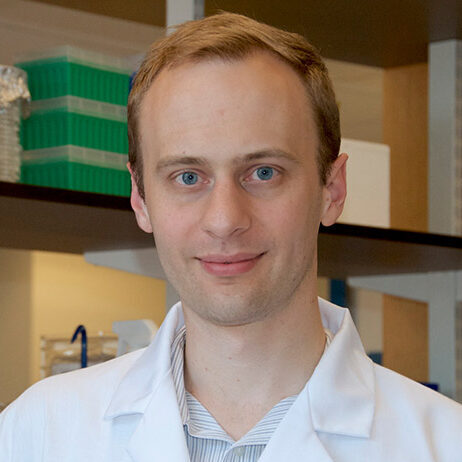
Kevin Esvelt
Kevin Esvelt is director of the Sculpting Evolution group, which invents new ways to study and influence the evolution of ecosystems. Prior to joining the MIT Media Lab, Esvelt wove many different areas of science into novel approaches to ecological engineering. Esvelt is credited as the first to describe how CRISPR gene drives could be used to alter the traits of wild populations in an evolutionarily stable manner. And recently, he and his Sculpting Evolution group devised a new form of technology, called ‘daisy drives’, which would let communities aiming to prevent disease alter wild organisms in local ecosystems. By emphasizing universal safeguards and early transparency, he has worked to ensure that community discussions always precede and guide the development of technologies that will impact the shared environment.
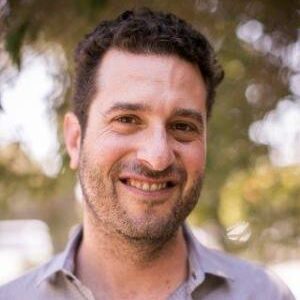
Andrew Lakoff
Andrew Lakoff holds a joint appointment in the Departments of Sociology and Communication at USC Dornsife. He was trained as an anthropologist of science and medicine, and has conducted research in Argentina, France and the United States. His areas of interest include globalization processes, the history of the human sciences, contemporary social theory, and risk society. Lakoff’s first book, Pharmaceutical Reason: Knowledge and Value in Global Psychiatry (Cambridge, 2005), examines the role of the global circulation of pharmaceuticals in the spread of biological models of human behavior. He has has published articles on visual technology and the behavioral sciences, on the history of attention deficit disorder, on antidepressants and the placebo effect, and on forms of expertise in global health. Lakoff’s current research concerns the recent articulation of expertise in public health and security in a global context.
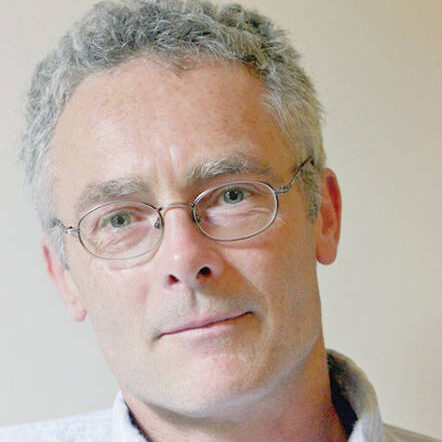
Jonathan Latham
Jonathan R Latham, PhD is co-founder and Executive Director of the Bioscience Resource Project and the Editor of Independent Science News. Dr Latham is also the Director of the Poison Papers project which publicizes documents of the chemical industry and its regulators. Dr. Latham holds a Masters degree in Crop Genetics and a PhD in Virology. He was subsequently a postdoctoral research associate in the Department of Genetics, University of Wisconsin, Madison. He has published scientific papers in disciplines as diverse as plant ecology, plant virology, genetics and genetic engineering. Dr Latham talks frequently at international events and scientific and regulatory conferences on the research conducted by the Project. He has written for Truthout, MIT Technology Review, the Guardian, Resilience, Salon.com, and many other magazines and websites.
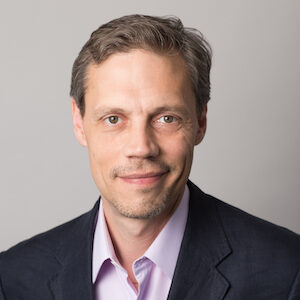
Antonio Regalado
Antonio Regalado is the senior editor for biomedicine for MIT Technology Review. He looks for stories about how technology is changing medicine and biomedical research. Before joining MIT Technology Review in July 2011, he lived in São Paulo, Brazil, where he wrote about science, technology, and politics in Latin America for Science and other publications. From 2000 to 2009, he was the science reporter at the Wall Street Journal and later a foreign correspondent.
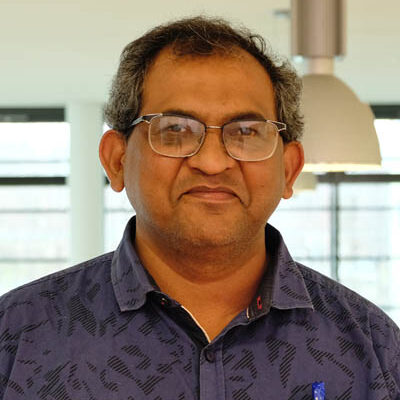
Leo Saldanha
Leo F. Saldanha is full-time Coordinator and also Trustee of the Environment Support Group, an independent NGO based in Bangalore, India that promotes the cause of environmental and social justice through research, documentation, advocacy, training and campaign support. He has gained wide-ranging experience in the areas of Environmental Law and Policy, Decentralisation, Urban Planning and a variety of Human Rights and Development related issues, working across many sectors for over a decade. He is a keen campaigner on critical environmental and social justice issues and has guided several campaigns demanding evolution of progressive laws and effective action. He has creatively supported various distressed communities to secure justice through public interest litigations and advocacy efforts, arguing as party in person several public interest litigations, many of which have resulted in remarkable judgments. He has a background in Environmental Science, has been invited as a speaker by organisations and universities across the world and assists various Government agencies in evolving law and policy relating to environmental justice.
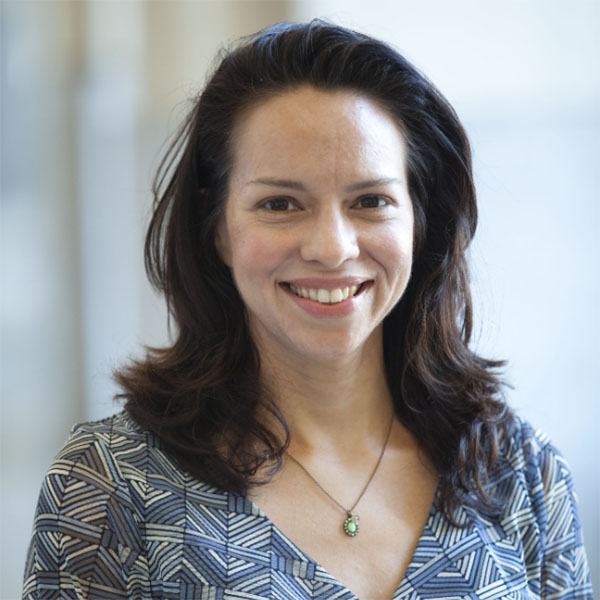
Kathleen Vogel
Kathleen M. Vogel is interim director at the School for the Future of Innovation and Society, and professor and former deputy director at the School for the Future of Innovation in Society at Arizona State University. She was previously a tenured associate professor in the School of Public Policy, University of Maryland, in the Department of Political Science and was Director of the Science, Technology, and Society Program at North Carolina State University (NC State). She has also held a joint appointment in the Department of Science and Technology Studies and Judith V. Reppy Institute for Peace and Conflict Studies at Cornell University. Vogel earned her PhD in bio-physical chemistry from Princeton University.
The variety of speakers and topics kept things continually interesting! I liked how the various sessions explicitly linked things back to STS concepts and made it easy to understand.
Jonathan, 2019 Participant


